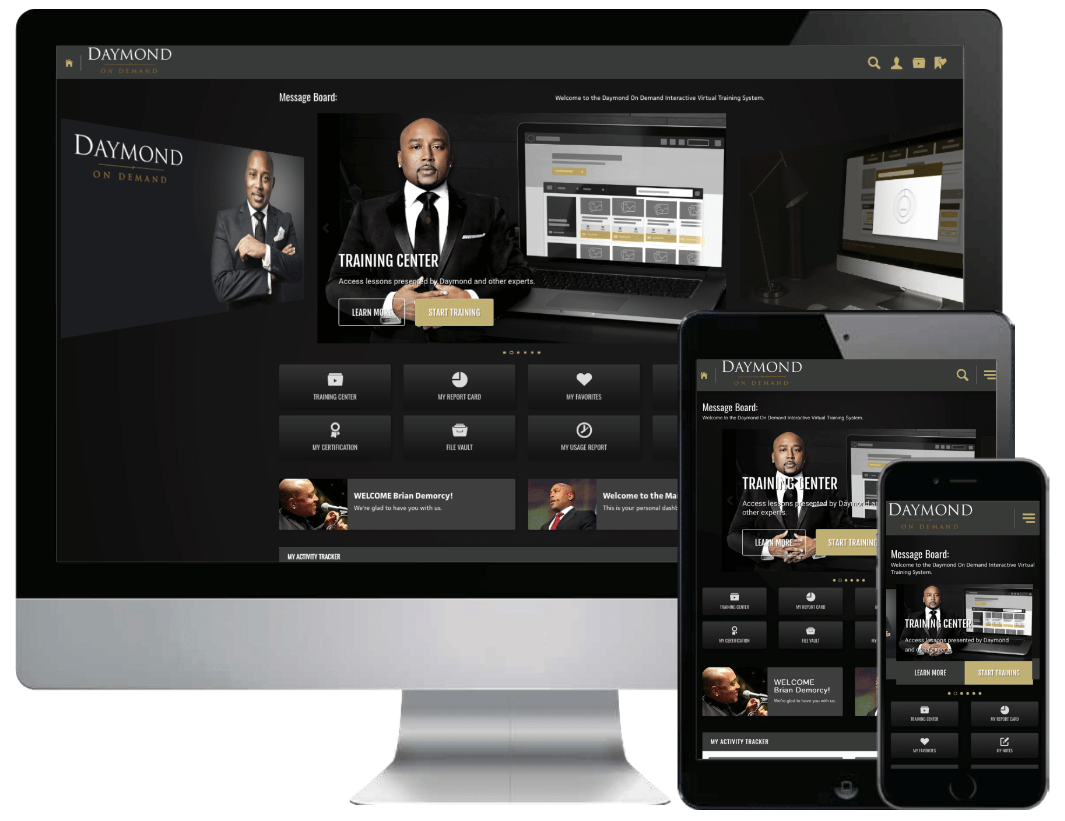Shark Tank will begin its sixth season tonight. Over the past six years, it has become one of the most successful shows on TV, however, this success did not come easily. The story of the show is one of struggle, time-slot switching, rejection and eventual triumph. In fact, the most successful startup to come out of Shark Tank is probably the show itself!
Shark Tank is a TV format that originated in Japan. It was then adapted for British, and Canadian television, all three iterations under its original name Dragons’ Den.
Mark Burnett, the most successful reality TV producer of all time, loved the brand. Sony was also a huge fan of the format, and soon partnered with Mark Burnett to create an American version, entitledShark Tank. They soon began to shop the show, and believe it or not, every network, including ABC, at one point, turned down the show. But, Mark Burnett and Sony were determined. It was 2009, America was in the midst of a recession, and it was time for a show like Shark Tank. ABC eventually relented, and gave the show a shot. As if the show’s security wasn’t precarious enough, the producers made things 10 times harder on themselves by casting people who many would consider “nobodies.” Mark and the other producers had to stand by their principles. They did not want to put the show’s integrity in question by casting a bunch of celebrities who had never operated businesses, so they took a chance and cast 5 businessmen and businesswomen (Take me for example, I was famous for a brand named FUBU, that was rumored to be designed and worn by only one demographic. Seeing as ABC is a family-oriented channel, they could’ve easily feared that people would assume that I wasn’t interested in working with people from different background. They could’ve written me off. Instead, they did their research and discovered that the rumors were not only untrue, but that I have thrived off of working with diverse partners). When we shot the first season, we were seated behind a raised news desk, with piles of money in front of us. Also, the contestants, upon leaving the tank, would be interviewed by a known journalist. The producers decided to cut the post interviews altogether but the raised news desk setup remained for the first couple of episodes. They eventually cut that as well, as they felt that its was not intimate enough. From then on, they put us on the ground level to negotiate.
When the show finally aired, very few people watched it. It was moved to a bunch of different timeslots throughout the year, and when the season ended, it was on the chopping block. Just when it seemed like the show was on the verge of being canceled, a change in power occurred at the network. That summer, Paul Lee was named the new president of ABC Television Group. Paul Lee was a big fan of Dragon’s Den, and decided to give Shark Tank one more shot. In season two we got some help, as Jeff Foxworthy and Mark Cuban joined as guest sharks for a few episodes each. Their appearances brought more awareness to the show, and Shark Tank began to gain a little bit of momentum.
The Sharks with Paul Lee, President of ABC Television Group
In the first season, only about 30-40% shot for the show actually closed. The reason for this is people who were choosing contestants for the show, despite being some of the best in casting, were not business specialists, and weren’t able to catch some of the red flags during that process. (the vetting process is far more refined and effective nowadays, the casting people have become adept at identifying quality companies, and the closing-rate is much higher). In addition, at the time, the sharks were going into a bunch of industries that we hadn’t been in before. I knew about fashion, distribution and a bunch of other areas, but you can’t know everything about everything, and we had no idea what was coming through that door next. These factors resulted in much lower success-rates and closing-rates than the show has today, but nonetheless, the show was gathering steam. In the middle of Season 3, something changed. The show really picked up, dominating Friday night ratings. Mark Cuban’s second season suggestion that we live-tweet the show also started paying dividends, as we began to become better known in social media. This also encouraged people to watch the show live rather than DVR’ing it. The entrepreneurs that were on the show started to make appearances on their local TV networks, spreading the word. Kids, the last age group we had imagined would latch on, began talking about the show. It was even being integrated into schools, many of who asked Sharks to come speak!
Robert, Mark, and I visiting Harvard Business School
As the show went on, the vetting process became more refined, the casting people became extremely adept at identifying quality companies, and the closing-rates rose significantly (these days the closing rate is over 80%) In addition, the sharks began to assemble teams to handle these new projects, and entrepreneurs began to see that the show was far from a hoax. Suddenly people were getting inspired by the show, and with the help of fan groups, bloggers etc., it developed a cult following. Even at this point, people were skeptical about whether or not we were spending our own money on the show. Over the years it has been revealed that not only are we spending our own money on the show, but also we have truly never met any of these people we do deals with until the moment they walk out in front of the camera. Soon we were inspiring knockoffs! Shows like The Bank of Hollywood began to pop up, but none of them succeeded as they were unable to recreate the emotion generated by Shark Tank. This year CNBC decided that rather than trying to emulate Shark Tank, they would syndicate it (very rare for a show that hadn’t reached 100 episodes yet). This has been a huge success and allowed CNBC to grow significantly.
Shark Tank was far from an overnight success. Like any entrepreneur, it had it’s share of hurtles and unexpected challenges. Just like a start-up, the show had to pivot. It had to make small, gradual changes. It required an all-hands-on-deck approach from Burnett, Sony, ABC, the sharks, and the entrepreneurs themselves. It took five years of hard, steady work to grow the show into something that people wanted to stay home on Friday nights to watch. This was the work of hundreds of incredibly talented people who work behind the scenes to make this show a success. 40,000 people apply online for a chance to with our casting team (not counting another few thousand that show up for open casting calls). 150 or so get to pitch us, and less than 100 make it on the air. It’s a massive undertaking that only a group of gifted, hard-working behind-the-scenes people could carry out, much like the requirements for starting a successful business. It is because of this that we are beginning to see corporations utilizing Shark Tank tactics in their business dealings, and schools, like Harvard, drawing from them in classrooms. It has changed the lives of not only the people who have been on the show, but many of the viewers, who have become savvier in their own industries. It has given families a reason to come together and talk about something on a Friday night. Parents are debating valuations and the merits of ideas with their kids! This season we will be airing our 100th episode! The show has gone on to win a Critic’s Choice award, an Emmy, and inspired a new industry within Television! So, aspiring entrepreneur, don’t give up! Even a product already proven in three huge international markets, helmed by five seasoned entrepreneurs and top-line producers like Mark Burnett, Clay Newbill, Philip Gurin, David Eilenberg and Yun Linger, and partnered with huge companies like Sony and ABC, still faced daunting challenges and struggled to find success
 Two of our amazing producers, Clay and Yun
Two of our amazing producers, Clay and Yun
The new billboard at Sony Studios, thanks for always having our backs!
Shark Tank is bigger than the people involved. It is something that I am extraordinarily proud to be a part of. We love all of our viewers. I can’t wait until the day that I hear that some young kid who they are calling the “the next Steve Jobs, Mark Zuckerberg, Phil Knight,” is changing the world as a result of this wonderful ride we have taken together. Thank you too the current cast of sharks, as well as some of the great sharks we’ve had on the in past (Kevin Harrington, John Paul DeJoria, Jeff Foxworthy, and Steve Tisch). At the end of the day though, it’s all about our supporters. So thank you! Thank you for watching us when your friends were watching mindless programs. Thank you for watching episodes over and over until you became the smartest person in the room. Thank you for spreading the word, and sharing the show. There is absolutely no way we could accomplish what we have accomplished without you. What have you learned from Shark Tank that has helped you in your own entrepreneurial endeavors and businesses? What about something that has helped you grow as a person? Let me know in the comments! Thank you for watching and getting involved!
























